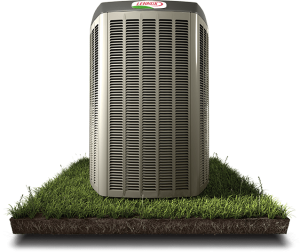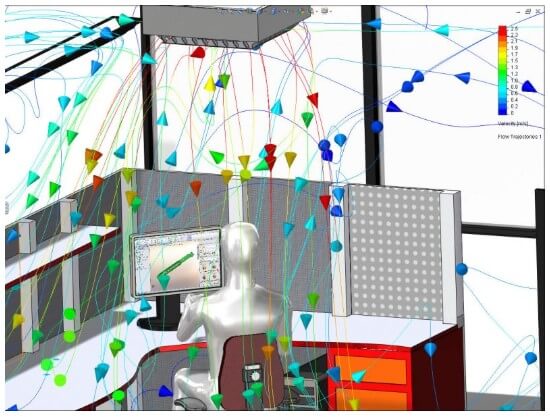Regular HVAC maintenance is a very important part of keeping your home comfortable and energy efficient. Without regular maintenance, your HVAC system could develop problems that could lead to decreased efficiency and higher energy costs. Regular maintenance can also help to prevent unexpected breakdowns and costly repairs.
Benefits of Regular Maintenance
Regular maintenance of your HVAC system in Burlington NC helps to ensure that it is running efficiently and safely. It can also help to spot small problems before they become major ones. Regular maintenance can also help to extend the life of your system, saving you money in the long run.

Regular maintenance can also help to reduce energy costs. A system that is running efficiently will use less energy, resulting in lower utility bills. Regular maintenance can also help to improve your system’s air quality, as it will help to keep your air filter clean and reduce the amount of dust and allergens in the air.
Regular maintenance can also help to reduce the risk of unexpected breakdowns. By identifying and addressing small problems as soon as they arise, you can help to prevent more serious issues from developing. This will also help to ensure that your system is running as efficiently as possible.
Conclusion
Regular HVAC maintenance is an important part of keeping your home comfortable and energy efficient. It can help to extend the life of your system, reduce energy costs, and improve air quality. It can also help to reduce the risk of unexpected breakdowns and costly repairs. Therefore, it is important to schedule regular maintenance for your HVAC system to keep it running smoothly.

